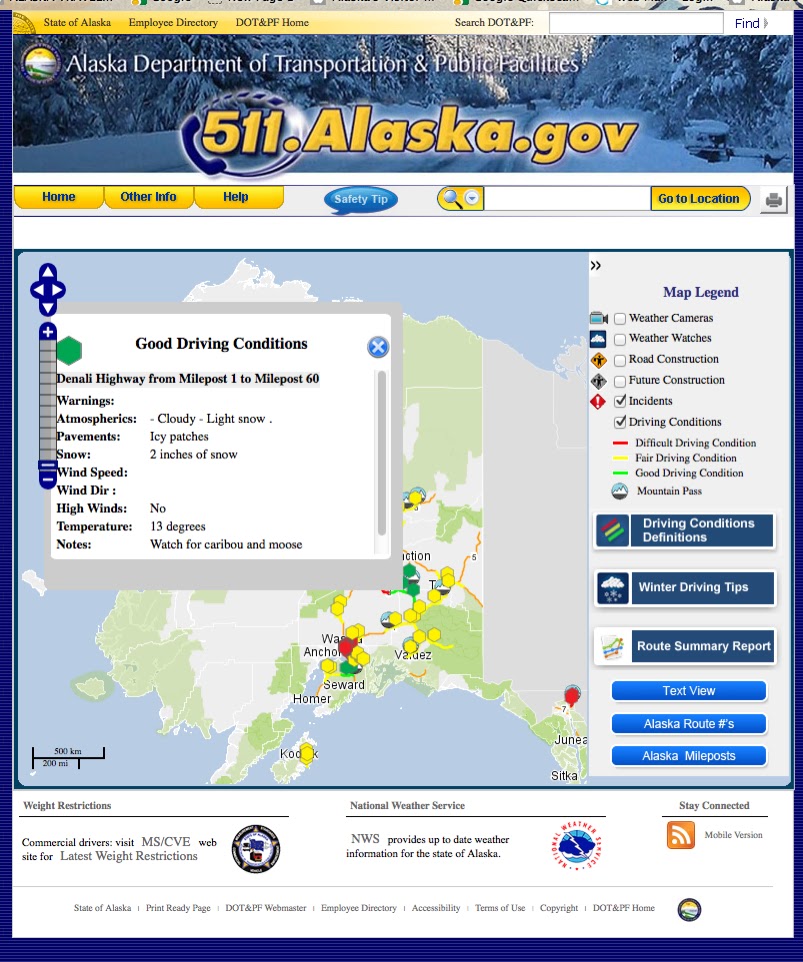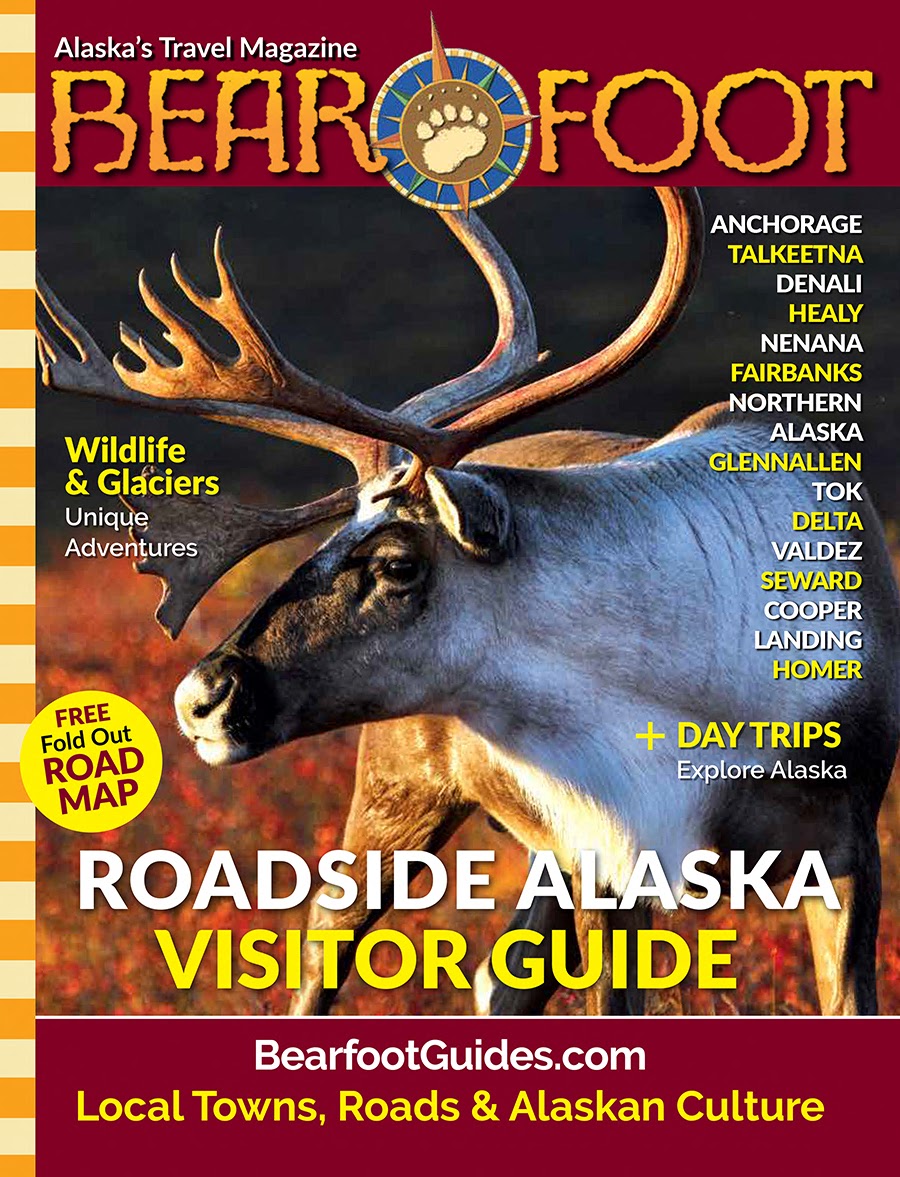What If You Had 4 Kids, A Full-Time Job, & Also Ran Ambulances In Rural Alaska, 24/7?
Volunteers Grew Scarce, & A Small Delta Family Stepped Up Delta Medical Transport in Glennallen 4th of July Parade. (Photo, Country Jo...
https://www.countryjournal2020.com/2022/10/what-if-you-had-4-kids-full-time-job.html
Volunteers Grew Scarce, & A Small Delta Family Stepped Up

Delta Medical Transport in Glennallen 4th of July Parade. (Photo, Country Journal)

But Alaska's Rural Communities Are At Risk Of Not Having Ambulances
Local People & The State Of Alaska Need To Become Involved
Alaska's rural and bush communities hold at least half of the state's population. But they are in serious danger of losing ambulance and emergency medical care as volunteerism goes down, along with after-hours care in various small towns and settlements. Just last month, after-hours and weekend in-facility care ended in the Copper Valley.
DELTA JUNCTION
North of the Copper Valley, a decade ago, a doctor there once offered after-hours care, too.
Because of a drop in EMT volunteers in the Delta area, the doctor solicited a husband and wife team, Amber and Anthony White, to help provide ambulance service to Delta. Tony White worked full-time at Fort Greely. and decided, on impulse, to step in for his community. (He still works full-time, as the assistant Fort Greely fire chief, to support his family.)
Back in Delta, it was too expensive for the doctor to keep up with both the ambulance and after-hours care. The city of Delta took over funding the Delta Transport ambulance – but paying only $50,000 a year for 24 hour a day, 7 day a week, 365 days a year service.
The rest was paid for by Medicare and Medicaid, which is difficult to recoup.
Today, Delta Transport is struggling to find funds for their services in the farm town, even though the city's share has since increased. In the past year or so, there have been a number of open city meetings over how to continue paying for ambulance service there.
Although many in Delta understand the need for an ambulance, others do not.
COPPER VALLEY
But what about the Copper Valley, where there is no city to approach for possible financial help? Where there is nowhere to have a meeting to discuss ambulance care and its future? Where there is little understanding of the problem?
Delta Transport's extensive Copper Valley ambulance service, with two trained staff members, is run here by Cross Road Medical Center, a private organization.
Amber White said that Cross Road's head, Steve Gallagher, has done a remarkable job keeping the ambulance service afloat in the Copper Valley. Yet she anticipates difficulties ahead sometime in the future. And she wants local people to plan for them.
Both of our communities are in crisis. And, in both cases – improbably – the brunt of carrying medical care now falls on the shoulders of this volunteer-minded couple from distant Delta Junction, who have 4 kids, are dedicated to serve, are strong advocates of every type of volunteerism, including hockey – and who are facing strong headwinds.
Yet, the problem of EMT shortages, a lack of after-hour services, and funding ambulances is not limited to our two communities. Or to Alaska. It is a nationwide rural problem all over America.
LIFELINE:
What can the Delta Transport ambulance do for you in the Copper Valley after hours and on weekends?
According to Amber White, when you call 911, the ambulance will come for a wide range of ailments: pneumonia, food poisoning, sore throats, cuts, bruises, covid, car wrecks, heart ailments, falls...
If you call 911 after-hours and weekends, for any number of health reasons, they will show up, she said, and take an assessment of your situation at your home.
If you need further care after hours or on a weekend for a more severe incident, they will either take you to Gulkana Airport for an aerial Medevac, or drive you to Mat-Su Regional. She said the company has a strong relationship with both LifeMed and Guardian, two Medevac services.
LOOKING AHEAD
Despite the fact that the couple keeps plugging away, the system is not sustainable, Amber White told the Journal.
The Whites urge both Delta Junction and the Copper Valley to look ahead at finding a solid way to keep ambulance response on the roads of Alaska.
Amber White told the Country Journal they would not give up. But she also indicated that this was a problem that required action.
The crisis in Delta and the Copper Valley will spread through communities around the state, many of them far from hospitals, with no after-hours or weekend on-site care. And all experiencing difficulties funding transport systems due to the statewide drop in volunteerism.
At the current time, the state has not implemented a streamlined solution.




















